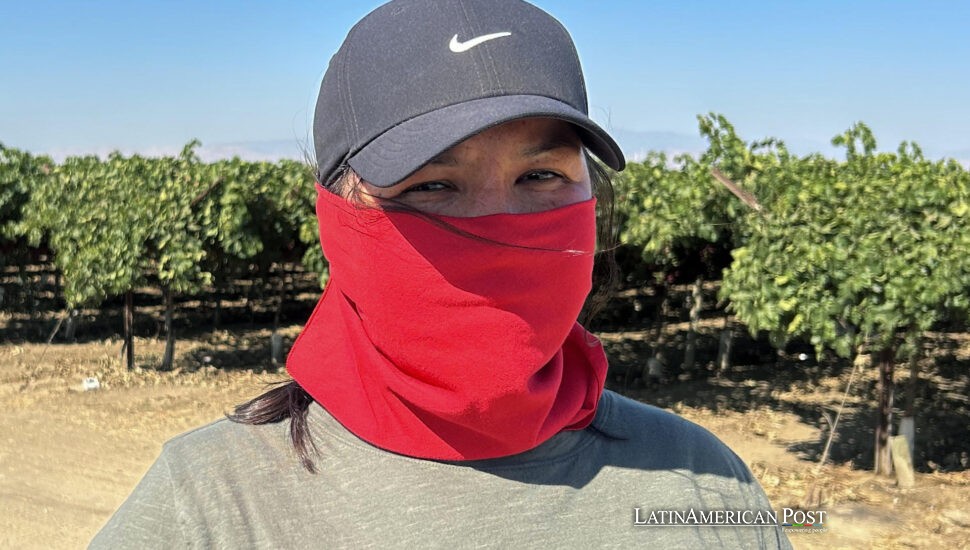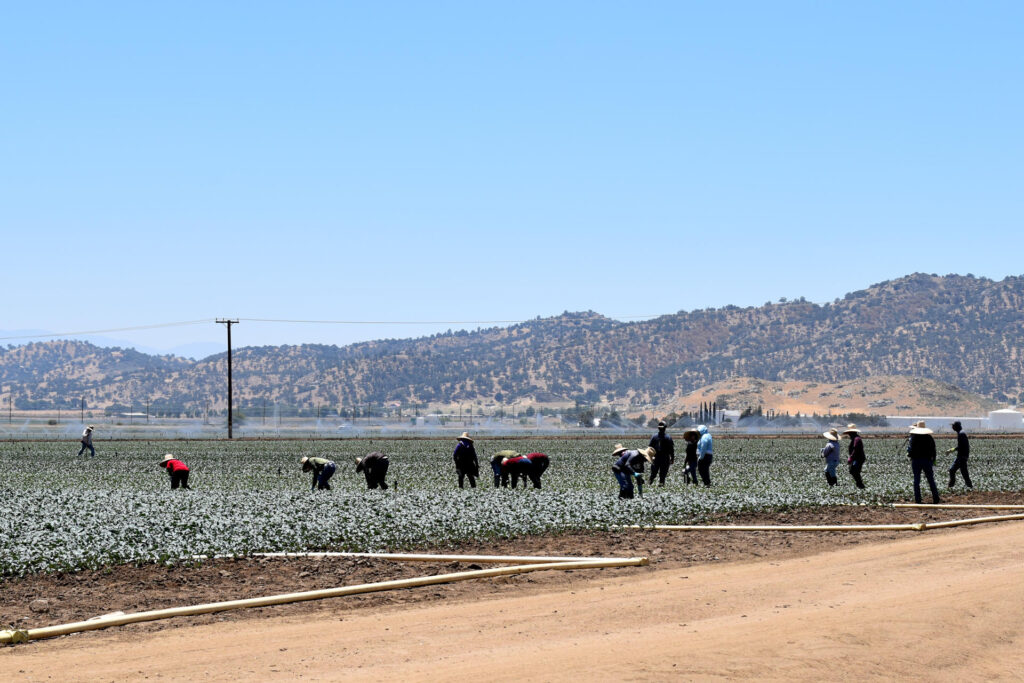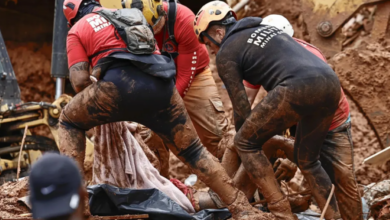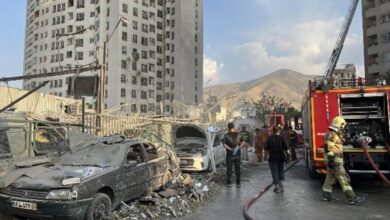Fields of Fear: Inside the Hidden Lives of Latin Migrants Who Risk Everything to Feed America

Before California’s sun kisses the melon fields, undocumented workers like Alejandra are already harvesting under threat. With every row she picks, Border Patrol raids loom, turning her workday into a race against cuffs, deportation, and dreams that never stop running.
Before the Light, the Fear
By 3:30 A.M., Alejandra is already driving north on Highway 101, her five-year-old son asleep in the back of a rickety daycare van. It’s pitch dark outside, and the world around her hasn’t yet woken—but she has. She has no choice.
She grips the wheel tightly whenever headlights appear in the mirror. Every black-and-white vehicle becomes a phantom: could it be a Border Patrol vehicle? She scans for turnoffs, just in case she has to disappear.
Years ago, Alejandra fled violence in Michoacán, thinking America would offer sanctuary. Instead, she found a new kind of fear—not bullets, but bureaucracy; not cartels, but cruisers. She’s undocumented, and every morning is a gamble: will she come home tonight?
The fields are supposed to be a safe place. But when you lack papers, the entire landscape becomes terrain to navigate, not just with your feet, but with your instincts.
Harvesting Under Watch
By sunrise, Alejandra is in a field, bent low between rows of cucumbers. Her back aches, her hands are stained green, and the work is just beginning.
California’s farms depend on laborers like her. More than half the state’s agricultural workers are undocumented, according to federal estimates. Their hands feed the country—quietly, efficiently, and often invisibly.
But since migrant raids increased, the fields feel less like workplaces and more like ambush zones.
A week ago, a Ventura County raid ended in chaos: 361 people detained, one man dead after trying to flee through the tomato vines. Alejandra heard the shouting from two plots over. She remembers the moment when birds stopped chirping and shouts echoed instead.
“The earth shook when he fell,” she tells EFE. “We just kept picking. We were told not to stop.”
No headlines mention the tomatoes that went unharvested. No cameras capture the fear in workers’ eyes the next morning, when they showed up anyway because they had to.

When Grief Walks the Furrows
The fields do not pause for death.
Last winter, Alejandra witnessed a pickup truck collide with a fellow worker on an access road. The woman lay there in the mud, motionless. Supervisors barked at everyone to keep moving.
“They made us work beside her body,” Alejandra says. Her voice tightens.
There was no ambulance. No break in the shift. Only the unrelenting rhythm of harvest.
“Machines stopped for no one,” says Javier, a foreman in Kern County. He’s seen what fear does to a workforce. “We lose good people every time there’s a raid,” he told EFE. “And without them, the crops just rot.”
He’s right. On weeks when raids sweep through the valleys, entire fields go unpicked. The Packers sit idle. Grocers hundreds of miles away never notice. But in the fields, the loss is apparent: the vines are heavy with fruit that no one will touch.
Hope That Might Hold
There’s a spark of hope in Sacramento: the “Blue Card” proposal, championed by the United Farm Workers (UFW), aims to create a pathway to legalization for long-term agricultural workers.
Teresa Romero, UFW president, believes it’s the only way to stabilize food production—and protect the people who make it possible.
“This wouldn’t pull people out of the fields,” she told EFE. “It would allow them to stay—and stop running.”
Studies show that 85% of eligible workers would remain in agriculture if granted provisional legal status. It wouldn’t fix everything. But for Alejandra, it would mean being able to drive to work without checking every rearview mirror.
For Javier, it would mean supervising without glancing over his shoulder. It would mean bringing his son to the farm, just once, so he could show him the work that feeds their home.
But politics is fickle. Each session brings new debates, delays, and doubts. The workers wait. And keep working.
So, every morning, before the light hits the soil, hundreds like Alejandra begin their race again—against fear, against silence, against the belief that their labor is somehow disposable.
The cucumbers are picked. The crates are loaded. The trucks drive north.
And behind them, in the early morning fog, a woman’s shadow kneels in the rows, hands covered in dirt, heart heavy with hope and risk.
Also Read: How Cuban and Jamaican Criminals Became Eswatini’s Unlikely Prison Guests
The fruit will reach the market. But who will remember the hands that brought it there?





